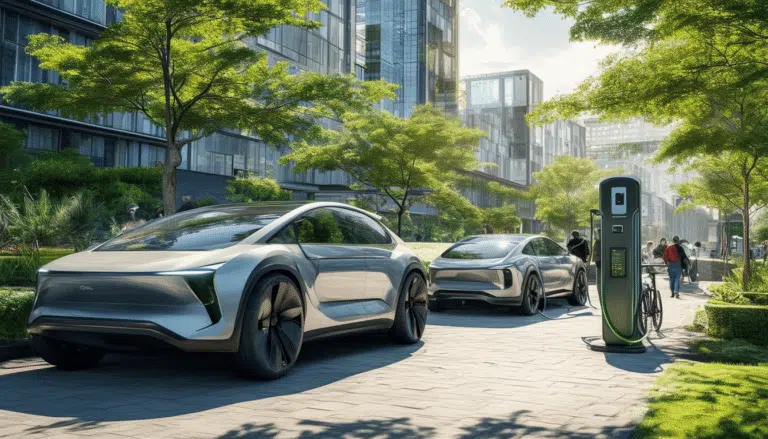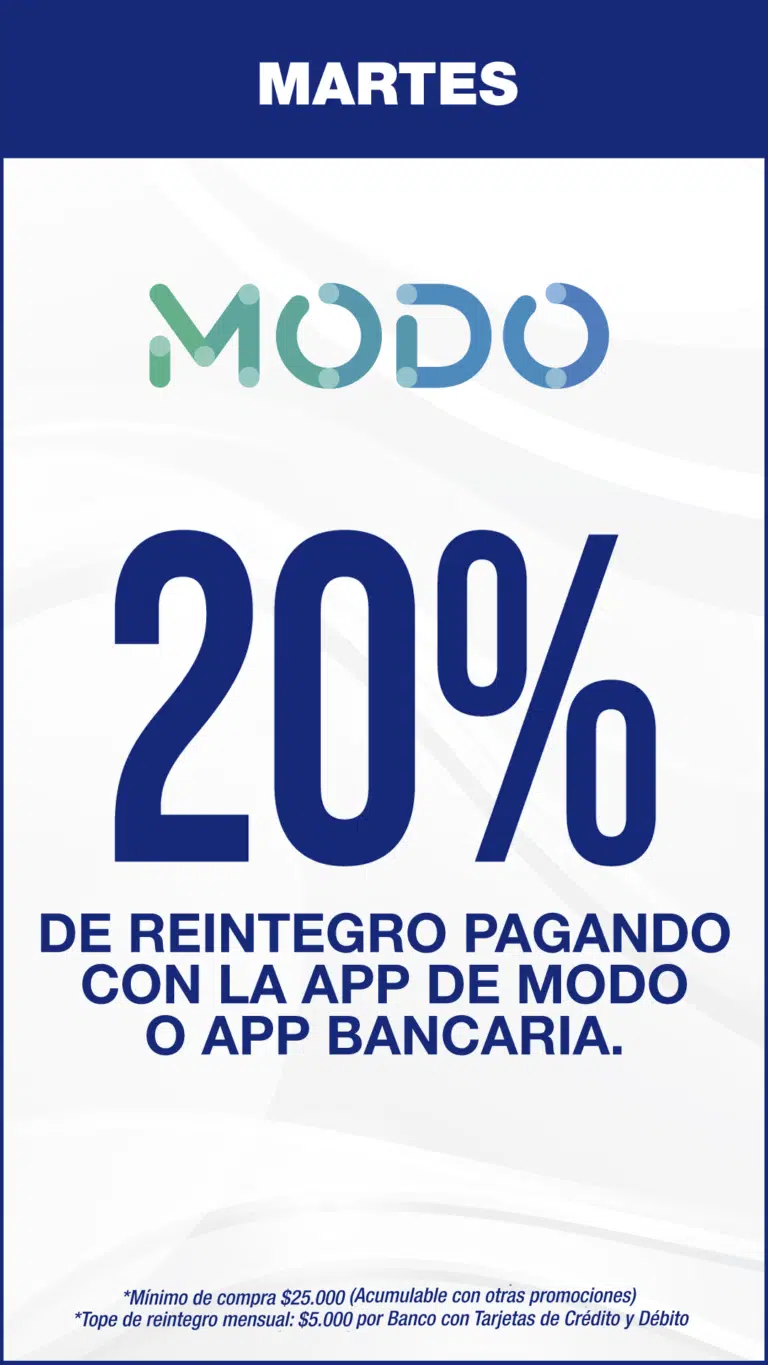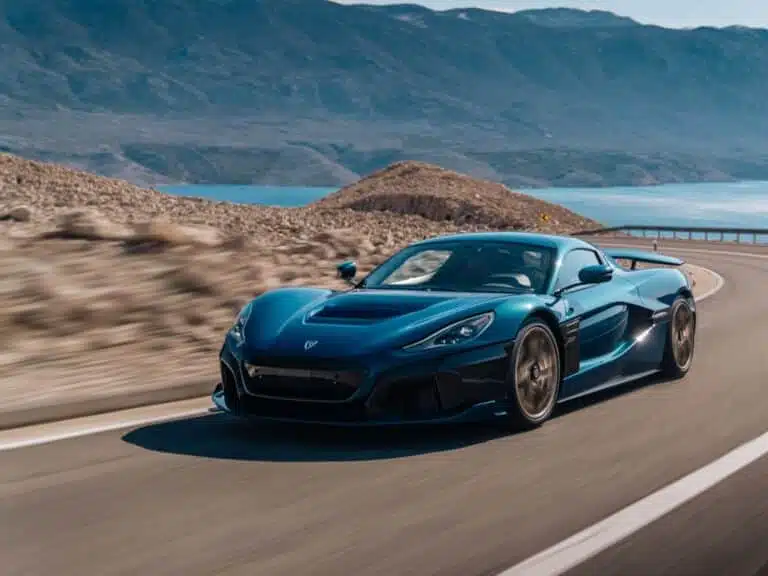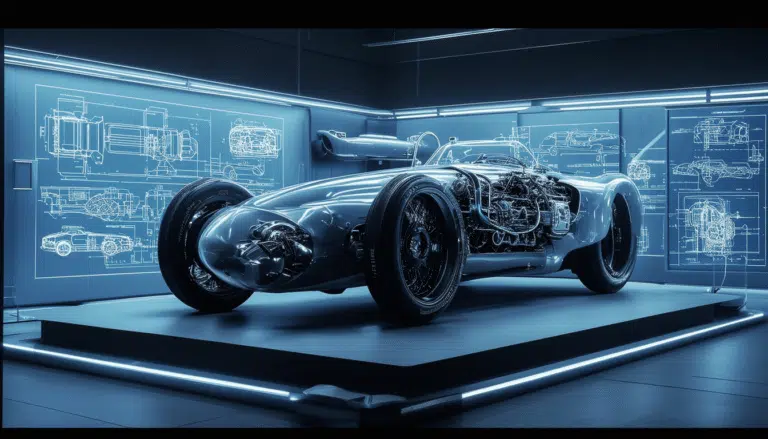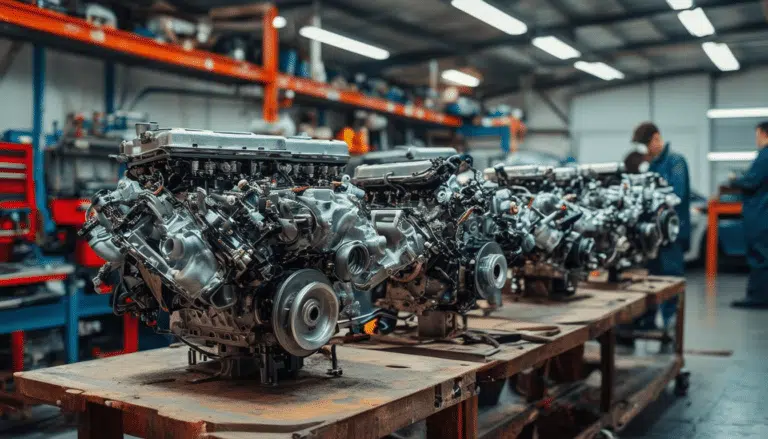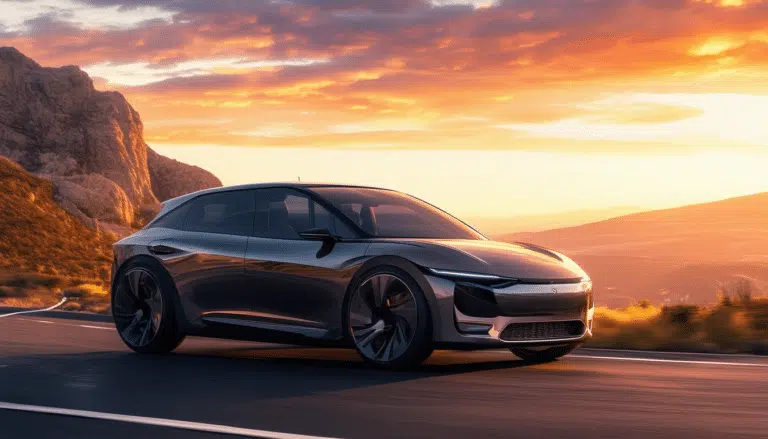Porsche abandons the electric era: it will focus on the development of new models with combustion engines
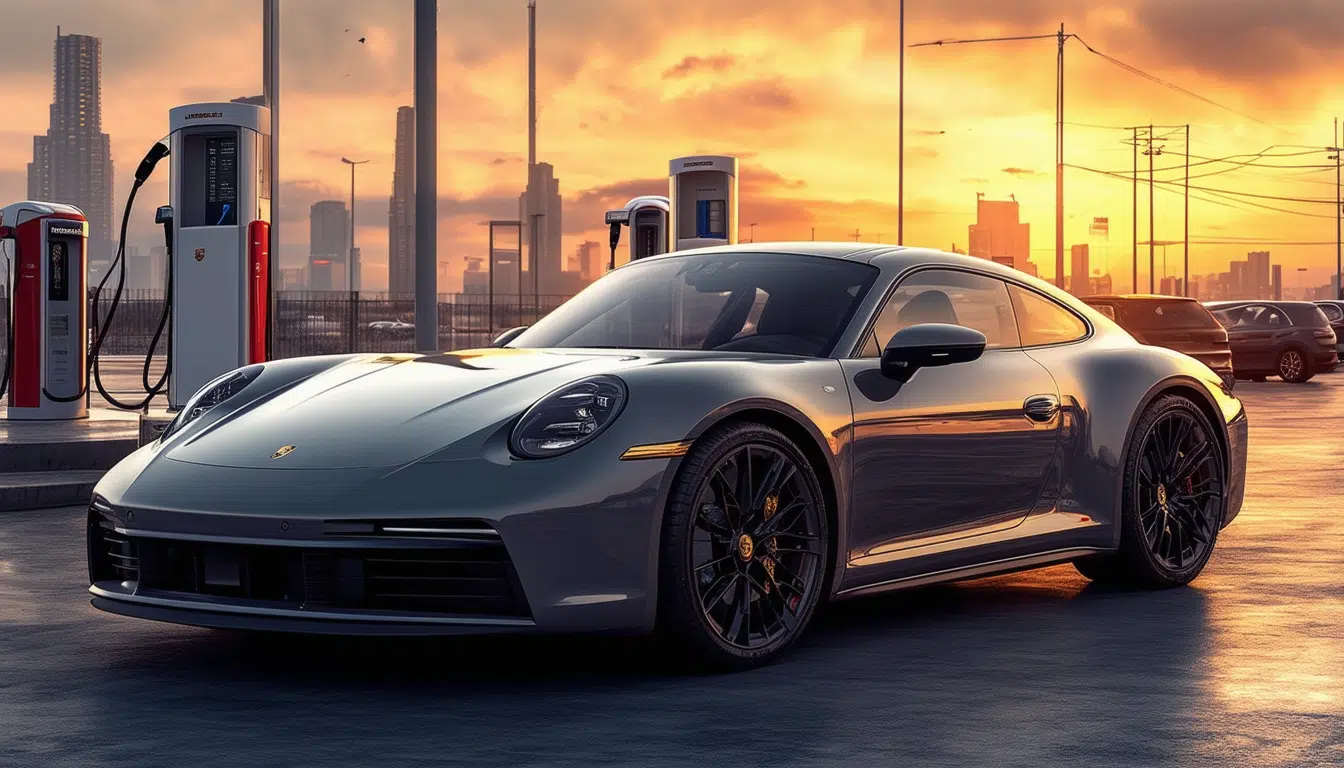
Porsche, the iconic luxury car manufacturer, has shifted its strategy in response to the evolution of the European automotive market. In a context marked by the slowdown in demand for electric vehicles, the brand has decided to focus its efforts on the development of new models with combustion engines and hybrid mechanics. This decision highlights a significant change not only for Porsche but also for the automotive industry in general, which had charted a path toward total electrification. Porsche’s recent bet reflects the uncertainties surrounding the energy transition in Europe, acting in response to the still-persistent preferences for more conventional technologies among its customers.
Porsche, in response to the declining demand for electric cars in Europe and the uncertainties of the transition to zero-emission engines, has decided to make a strategic shift. The German brand will focus on developing new models combining combustion and hybrid engines, following the lead of other luxury brands that have seen the need to adapt to changing consumer preferences.
Decline in electric vehicle demand
In light of the slowdown in demand for zero-emission engines in European markets, Porsche is adjusting its strategy. The firm had projected that by 2030, 80% of its sales would be electric cars. However, low acceptance and the introduction of Asian electric models at more affordable prices have complicated this goal.
The return to combustion and hybrid engines
Porsche has confirmed that it will start developing new variants of combustion and hybrid engines to meet the demands of its customers. This change not only seeks to attract those skeptical of the electric transition but also to remain compliant with CO2 regulations, which will become stricter next year, avoiding fines of up to 95 euros per gram of CO2 exceeded.
Impact on the luxury automotive market
Porsche’s decision aligns with similar moves by other luxury brands such as Mercedes-Benz, Aston Martin, and Lotus. These firms have opted to maintain combustion models due to dissatisfaction with the sales results of their electric models and the high production costs. Mercedes, for example, has reconsidered its strategy after disappointing sales of its “Mercedes EQS” and “Mercedes EQE” sedans.
The future of hybrid and combustion vehicles
While some brands like Volvo remain committed to total electrification, Porsche and its competitors have decided that it is necessary to offer a greater diversity of engines to adapt to a constantly evolving market. Porsche’s decision could present a challenge for environmental regulations, but at the same time, they ensure a range of vehicles that is more adaptable and accessible to the expectations of the current consumer.
Trends and challenges ahead
The automotive industry is in a constant tug-of-war between technological innovation and market reality. With the arrival of innovative alternatives such as high-performance hybrids and the evolution of internal combustion, as seen in British models from Alfa Romeo, the right path for manufacturers seems to be one that embraces a technological plurality adapted to each market segment.
Porsche redefines its strategy amid the transformation of the automotive sector
In a context where the European automotive industry is going through a period of uncertainty regarding the transition to 100% electric vehicles, Porsche has decided to take a strategic step that challenges current market trends. The luxury brand, known for its innovation and performance, has chosen to strengthen its commitment to combustion engines and hybrid technologies, a shift that responds to the slowdown in demand for zero-emission vehicles.
This decision, while it may seem like a step back, is actually a tactical adjustment in the face of a European market that appears unprepared for complete electrification. Insufficient sales of electric cars, combined with pressure from Chinese competition on more accessible models, have forced Porsche to rethink its future. In an effort to maintain its relevance and meet consumer expectations, the brand has announced that it will develop new derivatives of conventional engines, ensuring an offering that encompasses both hybrid and combustion vehicles.
Porsche’s change of direction aligns with similar moves by other automotive companies such as Mercedes-Benz, Aston Martin, and Lotus, which have also reaffirmed their commitment to internal combustion engines. These firms have noted sustained interest in these technologies, reflected in sales that surpass those of the electric segment, highlighting the importance of flexibility and diversification in their product lines.
Ultimately, Porsche’s decision not only aims at a survival strategy but also a long-term vision that considers both financial performance and adaptation to increasingly strict environmental regulations. As its thermal and hybrid engine programs are strengthened, the brand assures that it will continue to innovate in the field of combustion, possibly redefining what is expected of a car in the coming years.

